Earth Sciences (also referred to as Geosciences), which deals with basic issues surrounding our planet, plays a vital role in the area of energy and raw materials supply.
Earth Sciences comprises subjects such as geology, geography, geological informatics, paleontology, mineralogy, petrography, crystallography, geophysics, geodesy, glaciology, cartography, photogrammetry, meteorology and seismology, early-warning systems, earthquake research and polar research.
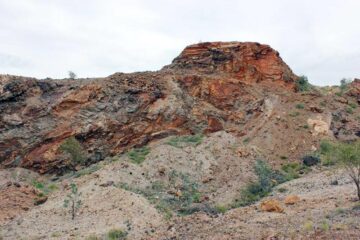
Research team analyses organic material from the early Earth tracing its origin and composition. To learn about the first organisms on our planet, researchers have to analyse the rocks of…
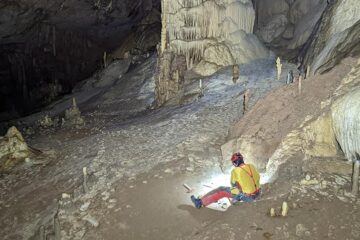
Climate changes usually happens over long periods of time, but during the last glacial period, extreme fluctuations in temperature occurred within just a few years. Researchers at the University of…
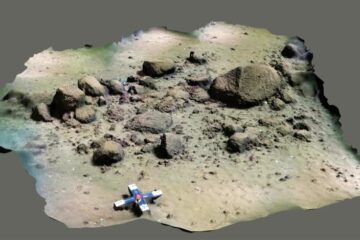
In autumn 2021, geologists discovered an unusual row of stones, almost 1 km long, at the bottom of Mecklenburg Bight. The site is located around 10 kilometres off Rerik in…

Hardly any gemstone is more difficult to find than diamonds. Geologists from ETH Zurich and the University of Melbourne have now established a link between their occurrence and the mineral…
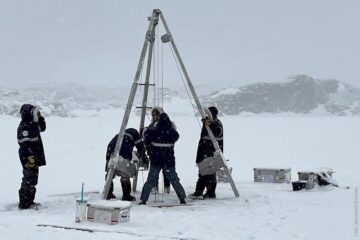
Geologists from the University of Cologne are investigating the influence of past climate and environmental changes on the East Antarctic Ice Sheet in regions that are ice-free today. In three…
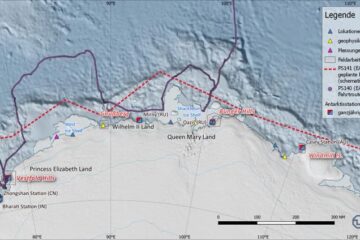
TUD geoscientists research in the frozen South. On February 6, 2024, when the German polar research vessel “Polarstern” sets sail from Hobart, Australia, on research cruise PS141, five researchers from…